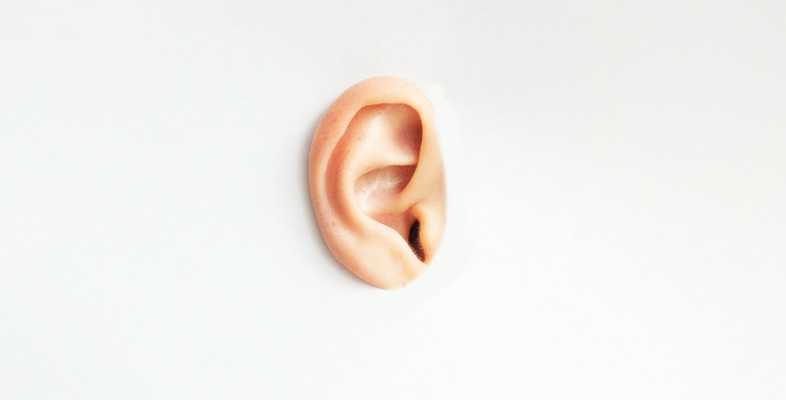For a few years now, the podcast is a format that is becoming more and more important in the world of audio, but also of information. This principle, created in the 2000s, allows listening to programs, when you want, where you want. Its main strength? Its accessibility, both as a listener and as a creator. Yes, anyone can create a podcast, and this is perhaps what contributes day after day to diversify the content offer, until imposing this format as a media in its own right. In France, great names of the podcast exist and are directly involved with the societal evolutions. Great names, who gave the impulse to some to speak about sometimes sensitive, often important subjects. Among them, Titiou Lecoq, and his podcast Rends l’argent, a program dedicated to couple/money relations, or Jeane Clesse, andBasilic, which is dedicated to the environment and positive initiatives. Two universes, which show us that yes, the podcast can be a committed media, but also and above all: an enlightening media.
A freedom of speech
It goes without saying that if anything is embodied in the format that the podcast represents, it is freedom. Freedom of tone, freedom of the unexpected, freedom to choose your themes. In this, it can quickly become the ground of free speech. The podcast has very different codes from the radio, to which we are sometimes tempted to compare it. Indeed, Jeane Clesse, creator of the podcast Basilic, develops that with the podcast, we forgetthat we are speaking (…)Especially since afterwards, we can do a whole part of editing, so we are not limited in time.
A time of immediacy, on which it is possible to intervene as one pleases, to rework the form. It was enough to make the word “concretely” less worried, and, in fact, less constrained. An edited format, which keeps the spirit of craftsmanship, such could be one of the characteristics of the podcast. But it is also necessary to seize an observation: the podcasts are mainly made by young people, whether it is about interviews or fictions.
With its growing development over the last few years in France, the podcast has been seized upon by a generation constantly in demand for less constrained speech, intimate experiences and questioning. We have seen this with podcasts like Louie Media’s Injustices, or Slate’s very popular Transfert.The format lends itself in the most beautiful way, even if it means retranscribing the lives of others as closely as possible, and including oneself, when one is a host. Because in a podcast, the speaker’s word becomes more incarnate, more committed. It’s good to say where you’re talking from in order to talk about what you’re talking about. In the light of her podcastRends l’argent, the journalist Titiou Lecoq affirms, about the presence of the “voice”, that it is Everywhere. In my interventions, but even upstream, in the choice of my interlocutors. In the questions I ask them. In the answers I keep. The rule for me is not to withhold information because it doesn’t go in the direction that interests me. On the contrary, you have to say everything that contradicts what you think because that’s when you get surprising information.
Moreover, if specialized studios have emerged, the production of a podcast is often associated with a certain craft, but also and above all: with a panoramic freedom. According to Jeane Clesse, there is a real will on my part to be committed,especially in the choice of advertisers, the fact that I refused to work with advertising agencies that would insert dynamic ads over which I would have no control, and therefore, I would not be able to know who broadcasts a message on my podcast. This is part of my will to be an engaged media .
Far from asserting itself as a subversive media, the podcast would be a media that – through the commitment of its animators – moves the lines, shakes up the dead times and attracts new reflections. This is perhaps also due to the long time it can afford to offer. By broadcasting long interviews, it ensures a more complete distribution of information, without any interventions. For Titiou Lecoq,the pact with the listeners is not the same (as on the radio, editor’s note). The latter become real actors, and even today, Jeane Clesse does not imagine at all an hour of interview devoted to ecology on the radio (…)We are in a world that goes a bit at 1000 per hour, we are overwhelmed by information, and in fact, the podcast is also to take the time just to listen to one person, which finally is quite rare. A question which, naturally, raises the issue of openness to new and committed voices, and to what they have to tell us.
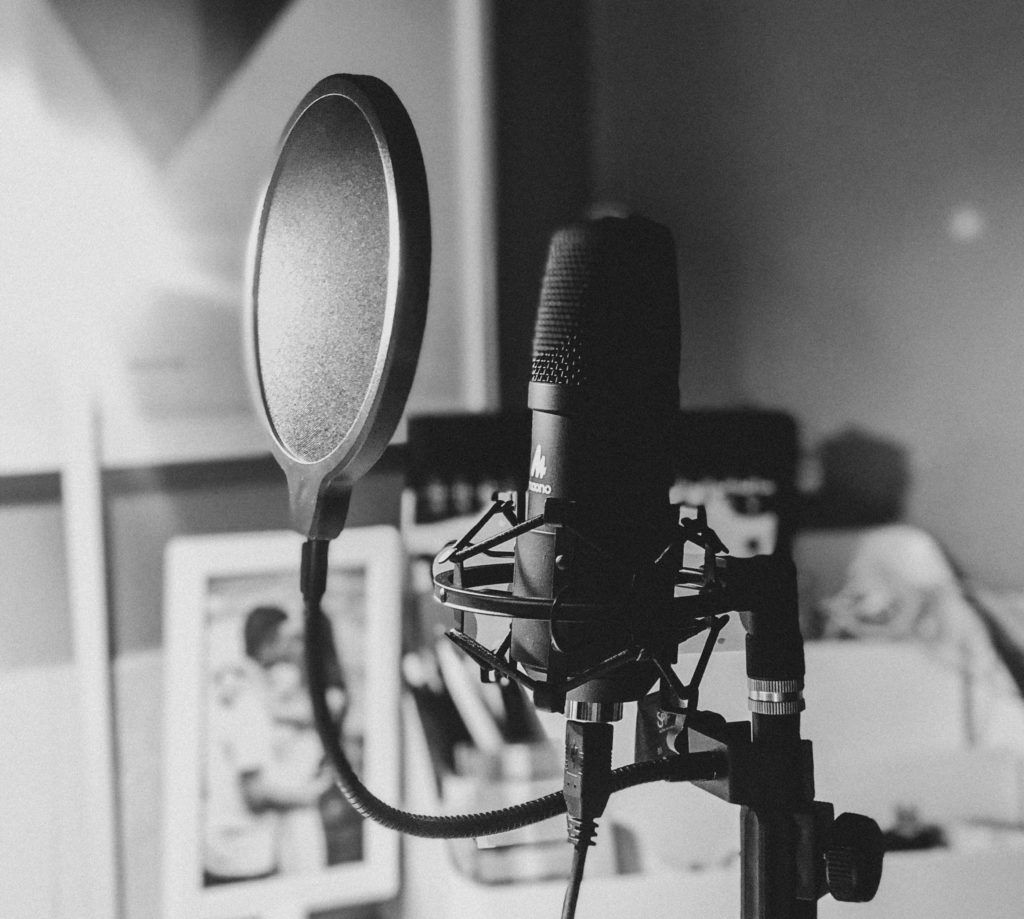
The podcast, a media open to all voices
(…) To give a voice also to those who carry out projects on a very small scale, whether they are activists, whether it is an associative or educational project. There are no criteria at BasilicYou don’t need to be famous to get on the mic. This is how Jeane Clesse defines her project. Despite the fact that si on donne le micro à des personnalités, à des gens assez connus qui parlent d’écologie dans les médias traditionnels, évidemment, on a plus de chances d’attirer des auditeurs qui ne sont pas habitués à l’univers du podcast, et qui viendront parce qu’on a interviewé telle ou telle personnalitéThe podcast is also a field of discovery (sometimes of experimentation) to free speech. A speech more often engaged than in the traditional media, and sometimes even more enlightening.
The fact remains that the latter is more than ever anchored in a society in perpetual questioning. What makes the podcast unique today is that its development is organized in parallel with the growing voices in the public space. We can see it clearly in some podcasts like Kiff ta race (Binge Audio),La Poudre (Nouvelles Écoutes), or even Les couilles sur la table(Binge Audio), the guests have this will to make the word circulate, and to give to their story the air of empouvoirement.
The podcast is therefore a medium of long time, but also of intensity. To make fights aware, not to reduce commitments to a biased speech, to give honors to those who deserve them, all this passes by the opening to new voices. New, or perhaps simply put aside by the media light until now. Like a biologist, the podcaster looks at all those who catalyze commitment in all its beauty. He/she synthesizes, but goes further: he/she makes the word explicit. It makes certain themes such as feminism or the couple & money legitimate and enlightening, well beyond a radio column. The podcast is not afraid of complicated subjects, and imposes itself, once again, as the reflection of society.
It seems obvious to affirm today that ears are ready to hear about ecology or inequalities on a long time. For Titiou Lecoq, there is a conjunction between podcast and MeToo moment for me.For Jeane Clesse, who deals with ecology, the latter remains a complicated subject to tackle. We don’t want to be too moralistic, we don’t want to make people feel guilty, we don’t want to judge everyone’s behavior. (…)When we listen to green podcasts, even if they are great initiatives, in general, it is because there has been a rather black observation of a certain situation. (…) There are many things that are being done, so, in the end, it is positive, but it is still sometimes a taboo subject.
It seems however obvious that some big media seem to have missed the demand of the public to receive these always more engaged voices, in favour of the podcast. This media participates, therefore, at its scale, that the podcasters (who are sometimes themselves committed journalists) embody, to a social transformation. Transformation that the voice of the guests embody, in a spirit sometimes more relaxed, often more educational. For Titiou Lecoq, in a general way, it is a media of the intimate. The sound implies that. So you can’t talk to people as if it were a news program for example .
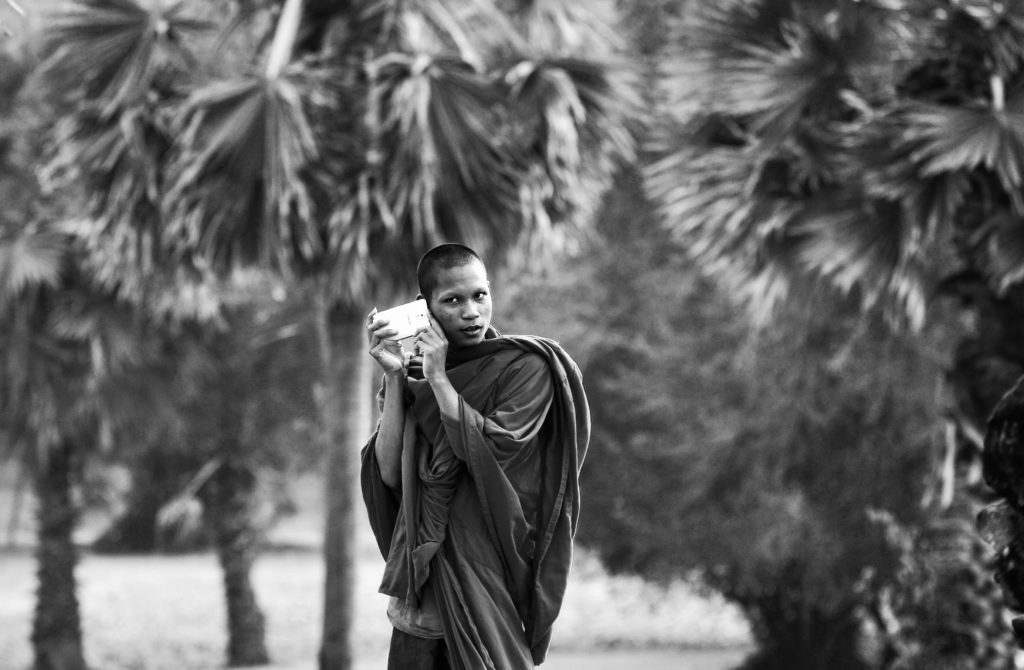
The podcast, a media in its own right
Clearly, it is important to realize that the podcast is not a medium “to be compared” with others. It has become, and is from now on, a media with all that this notion encompasses: an editorial line, a bias, a host, a format that is its own. By creating her podcast Rends l’argent, journalist Titiou Lecoq quickly understood that Each media has its specificities. But when I wrote mine, it was clear that I had to do it differently than an article. Even though all my speeches are written, I wrote them by reading them out loud to make sure that they would come across well in speech. So there is a kind of false orality . no one was making a living from the podcast, even in the United States. It wasn’t really an issue, there was less at stake. I guess a traditional media has its own difficulties, especially in these times, and I don’t know if they could take that risk. Le podcast, un média risqué ? Tout est affaire de perception, mais lorsqu’on décide de faire de la parole « podcastable » une parole qui compte, une certaine implication entre en jeu.
An implication, whose stake is not other – and in hollow – to install the format in a perennial way, in order to pose in institution this word, often more independent. I feel like the more institutional media is depriving itself of exciting words because they are afraid of looking like activists by giving voice to activists. The podcast allows activist speech . When I thought about the couple and the money, it seemed obvious that this was the right form. I wanted to tell this story in person and let other people’s voices be heard. Especially since on this subject of couples and money, people’s silences were important, their laughter when they were embarrassed too.
Silences… Another element that the podcast can afford to include without hindrance. Unlike the big media, always more rhythmic, always more timed, the long and intimate time offered by the podcast calls for the liberation of speech, the embodied awareness of themes as strong as inequalities. But if there is one element that coincides, it is the neutrality of the host. Titiou Lecoq is, moreover,convinced that what is called neutrality is a form of commitment, it is the commitment in the dominant discourse.pour Jeane Clesse,the commitment is to try to convince people that it is time to change our behaviors, without judging. We have to walk on eggshells all the time. While remaining honest and transparent.
Transparency, yes, and the podcast is well on its way to becoming an institution. Because if this media is in perpetual evolution, if it has its own specificities,if it remains a very thematic media(according to Jeane Clesse), there is still a long way to go to make the engaged word desirable and attractive for the public opinion. Signals are becoming weaker and weaker, which place engagement not as a claim, but as a support to encourage people to change things. Or at least to understand them better.
Thomas Louis
Rends l’argent, Titiou Lecoq (Slate.fr), 2020
Basilic, Jeanne Clesse, 2017
